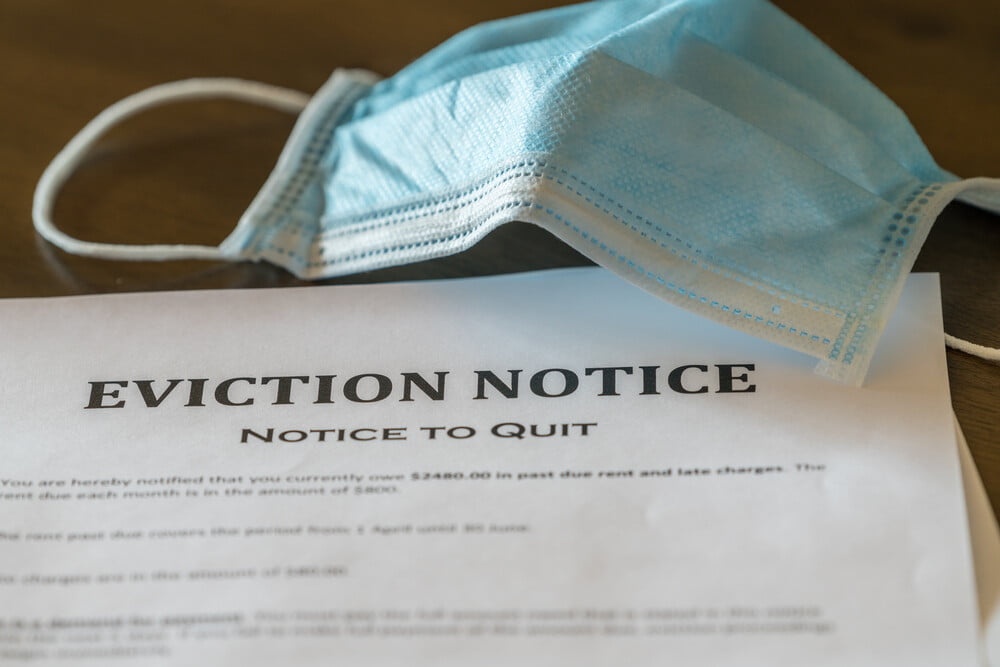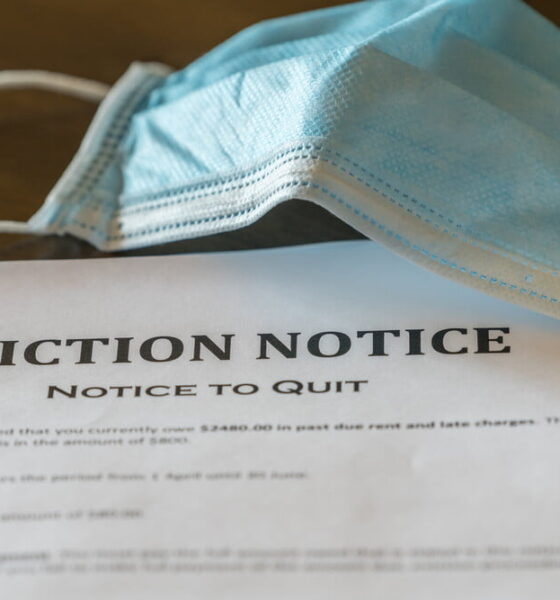

Features
Essential Tips for Eco-Friendly Businesses Facing Eviction During the Pandemic
Eco-friendly businesses are doing everything that they can to make it through the devastating pandemic. Unfortunately, many small businesses in general are struggling. In September, 97,966 businesses closed for good due to the pandemic. That figure has probably risen a lot more after the more recent waves of lockdowns.
Eco-friendly businesses have an even harder time. We previously referenced a post from Harvard Business Review talking about the “Elusive Green Consumer,” which talks about the difficulty sustainable businesses face despite the supposed interest in green products and services. You may have a hard time making ends meet, despite your best efforts.
Many green businesses might face the possibility of eviction. Fortunately, there are steps that they can take to avoid having their business evicted if they understand the rules.
Take the Right Steps to Avoid Eviction During the Pandemic
The COVID-19 pandemic may feel like last year’s problem, but the truth is that it’s still an issue we have yet to solve. As of now, many of last year’s protocols and standards are still in effect. One of those protocols comes in the form of a ban on forfeiting commercial leases for non-payment of rent. The Helping Tenants and Small Businesses Act is meant to help create breathing room for commercial space tenants who are undergoing financial difficulties due to the impact of the COVID-19 pandemic.
The act was introduced last year during the onset of the pandemic, but it has also been extended up to March 31, 2021. If your commercial landlord tries to evict you for non-payment of rent during the period stated above, you might want to get in touch with lawyers like these ones who know how to litigate against a commercial landlord in Orange County. However, it should also be noted that not every disagreement needs to lead to legal action.
As an eco-friendly business, you need to understand the nuances here. You don’t want to burn goodwill with your landlord by taking unnecessary legal action.
After all, the ban is merely a deferment of the tenant’s obligation, and it should not be misconstrued as a means to escape financial obligations. Tenants are still going to end up owing (and paying) the rent. If they are unable to pay, these are a few things they need to try before getting legal help.
Sustainable Businesses Should Try to Negotiate Rent First
There are only a few things that proper communication can’t resolve, especially if you are a respected business committed to environmental sustainability. Before escalating the situation, it’s best to try to renegotiate the terms of your lease with your landlord. The truth is that most landlords are more than willing to accommodate a deferment of payment or a reduction on monthly dues during the pandemic.
This is not just because of the ban enforced by the HTSB Act, but also because most landlords would have a difficult time finding a replacement for the evicted tenant during the pandemic.
Revisit the Contract
If you fail to come to an agreement with your landlord, you might need to check your lease contract if it includes a provision that says that you have a right to terminate the lease or to withhold the payment of rent if you are unable or unwilling to comply, or if the landlord fails to uphold his or her obligation to you (as indicated in the contract).
Even when the HTSB Act is in effect, you shouldn’t rely on it completely, given the fact that it will eventually exceed its period of effectiveness. Unlike the HTSB Act, if a landlord fails to uphold his or her end of the lease contract, the tenant may be excused from paying some of all of the rent.
We would like to reiterate that this consideration for the non-payment of commercial rent should not be used as a means to escape paying rent. Again, the HTSB Act only bans the eviction of tenants for non-payment. Tenants are still obligated to pay rent. Remember that both landlords and tenants are affected by the economic impact of the pandemic. Now is not the time to take advantage of the other.
Shield Your Eco-friendly Business From Eviction
There are a lot of challenges that eco-friendly businesses face, even during a good economy. Sustainable businesses are at an even greater risk during the pandemic. It is a good idea to understand the protections to avoid eviction if that is a risk.


 Environment12 months ago
Environment12 months agoAre Polymer Banknotes: an Eco-Friendly Trend or a Groundswell?

 Features11 months ago
Features11 months agoEco-Friendly Cryptocurrencies: Sustainable Investment Choices

 Features12 months ago
Features12 months agoEco-Friendly Crypto Traders Must Find the Right Exchange

 Energy11 months ago
Energy11 months agoThe Growing Role of Solar Panels in Ireland’s Energy Future




























